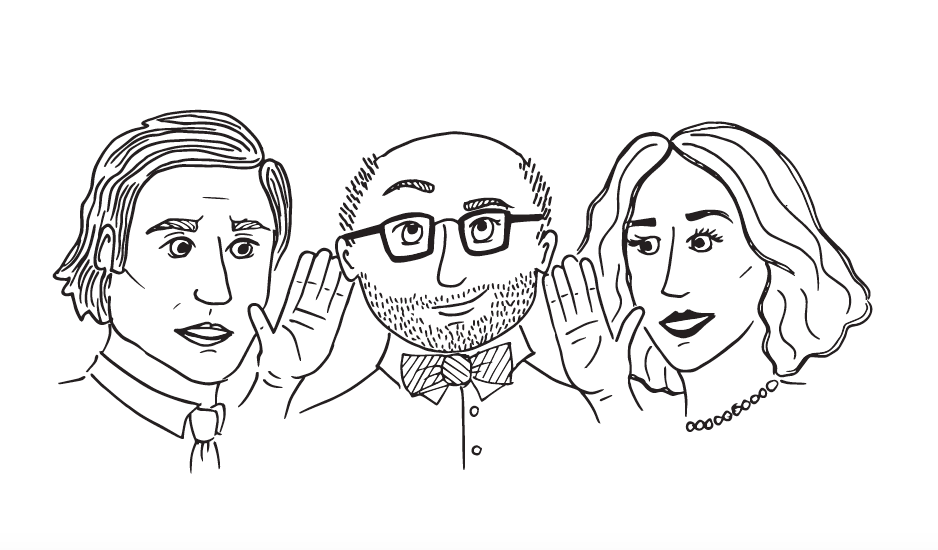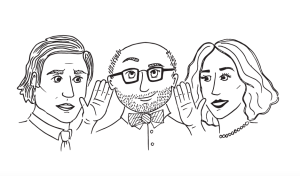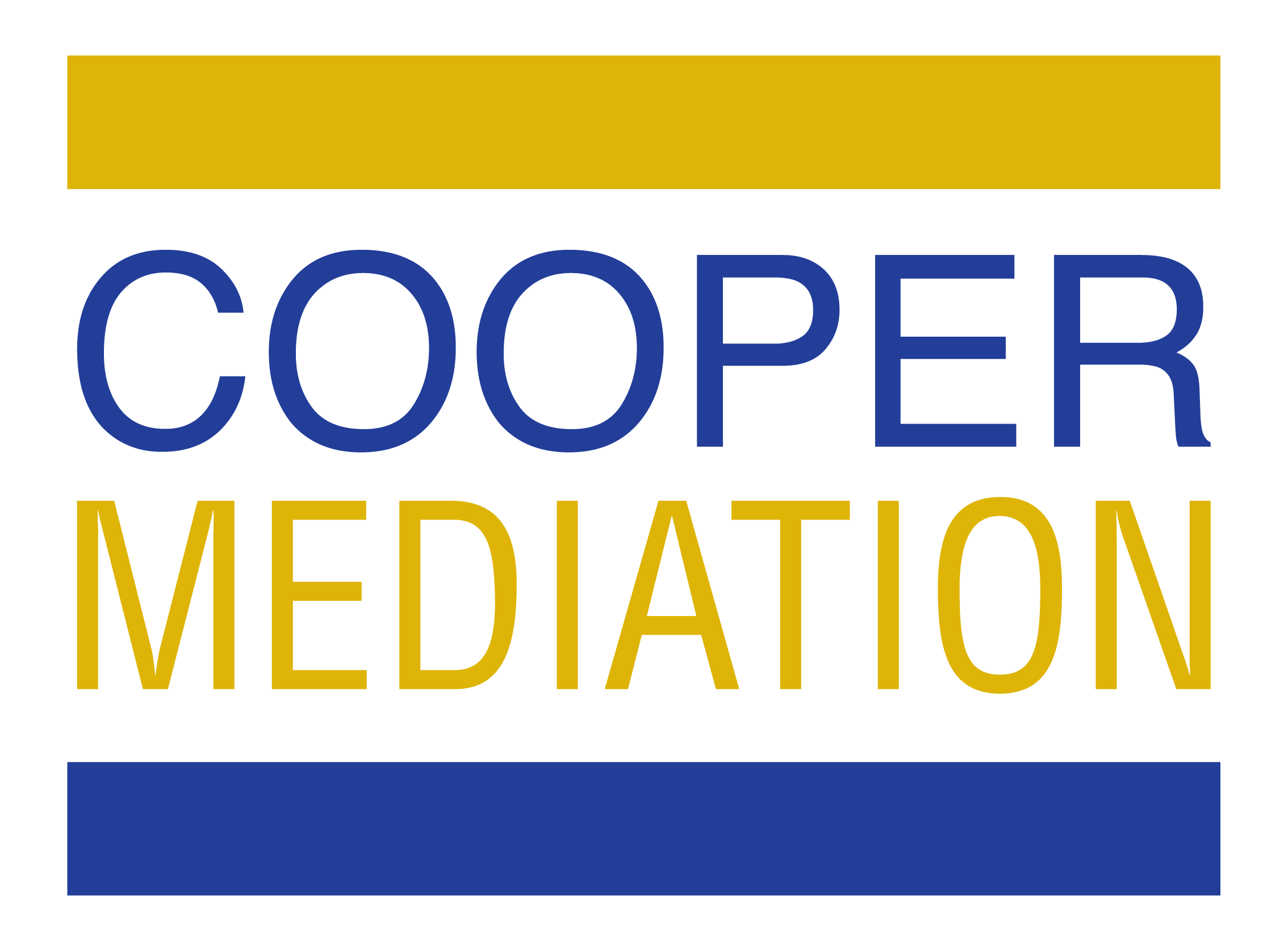
25 Apr Keep Your Poker Face, But Whisper in the Mediator’s Ear
 In classical mediation training, educators and students learn to distinguish between positions and interests. It may be in both parties’ interest to settle a dispute before going to court, but their position on the matter at hand may make this option difficult to achieve. In commercial cases involving money, there is frequently a great difference between the apparent positions of the parties and the actual monetary range within which the parties would be willing to settle. In a personal injury matter, the plaintiff and their counsel start high and frequently stay high. The defendant, their insurer and their counsel start low and frequently stay low. This creates a large, and seemingly insurmountable, gap. In practice, I have learned that the actual gap is often much smaller and much more manageable.
In classical mediation training, educators and students learn to distinguish between positions and interests. It may be in both parties’ interest to settle a dispute before going to court, but their position on the matter at hand may make this option difficult to achieve. In commercial cases involving money, there is frequently a great difference between the apparent positions of the parties and the actual monetary range within which the parties would be willing to settle. In a personal injury matter, the plaintiff and their counsel start high and frequently stay high. The defendant, their insurer and their counsel start low and frequently stay low. This creates a large, and seemingly insurmountable, gap. In practice, I have learned that the actual gap is often much smaller and much more manageable.
A discrete and capable mediator will gather a variety of information at mediation, some of which may be received on a confidential basis. An intuitive mediator will be alive and sensitive to cues and clues which may give her greater insight into the actual targets for those participating in the mediation. If this process occurs in both rooms, the mediator is in a far better position to assist the parties and their counsel negotiate toward resolution.
The acute challenge for a mediator is dealing with a party or their lawyer who are skilled “poker players”. These participants do not have any obvious “tells” and give little indication as to their actual target for resolution. This conduct is certainly fair and appropriate at mediation; nowhere in my mediation agreement are the parties or their lawyers required to “trust me”. That said, a lack of trust of and confidence in the mediator creates a further impediment to resolution. While a mediator must earn a party’s trust and confidence, “poker playing” and “keeping your cards close to the vest” can make a mediation session more challenging for the mediator in attempting to . discern the actual gap between the parties.
Another example of this challenge emanates from my last blog post entitled “Pounding on the Table only Hurts the Table”. Some lawyers pound the table not only in the plenary session, when interacting with opposing counsel and the opposing party, but also in caucus when interacting with the mediator. There can be many reasons for this behaviour – performing for their client, toeing the party line, etc.. On rare occasions, the public stance (apparent position) and the private stance (actual position) are the same; usually, there is a material difference. Witnessing further “table pounding” in caucus makes it difficult for a mediator to gauge the extent of this difference. Indeed, I recall a particular mediation where defence counsel confided in me after pounding the table all day that they were putting on a bit of a show for their client. I like a good show as much as the next person but, as the mediator, it would be very helpful and very useful to know that I’m watching a show.
The solution to these challenges is to “whisper in the mediator’s ear,” inviting her into the tent or the inner circle. When a mediator has earned your trust, it is important to use this trust to give her a more accurate sense of your actual position or target. If the mediator receives this information from either side or, in an ideal world, both sides, she is in a far better position to broker a settlement. The mediator would be able to serve as a negotiation coach. Moreover, she could put forward a mediator’s proposal knowing that one party may be in agreement. If she knows the proposal will be just above or just below the target of all the parties, it may find favour with both sides. Alternatively, the mediator can bring the mediation to a conclusion with confidence if resolution is not likely based on actual positions. This scenario allows each side to “keep their powder dry” and not disclose confidential or sensitive negotiation positions to the other side which may have a negative effect on future negotiations.
Keeping the mediator “in the know” with a whisper can go along way to helping a mediation session move forward to the best outcome possible, given the circumstances and actual positions of everyone present.
Click here to download a PDF version of this post.
OTHER POSTS IN THIS SERIES
- The Snowball Effect: A Little Optimism Can Go A Long Way
- “Not-So-Respectfully Submitted”
- Who’s Carrying The Heavy Bags? : Multi Party Mediations
- Reasonable Is Like Beauty – It’s In The Eye Of The Beholder
- Pounding The Table Only Hurts The Table (And Maybe Your Hand)
ABOUT THE AUTHOR
 Logan Cooper joined the Cooper Mediation team in November, 2017 and now devotes 100% of her professional time to mediation. Contact Logan at: logan@coopermediation.ca or (416) 726-1344. Alternatively, you may view Logan’s Online Calendar to book a mediation: http://coopermediation.ca/logan-coopers-online-calendar/.
Logan Cooper joined the Cooper Mediation team in November, 2017 and now devotes 100% of her professional time to mediation. Contact Logan at: logan@coopermediation.ca or (416) 726-1344. Alternatively, you may view Logan’s Online Calendar to book a mediation: http://coopermediation.ca/logan-coopers-online-calendar/.
“[Logan’s] strengths are her obvious intelligence, ability and (dare I say it?) training…” – Senior Defence Counsel
